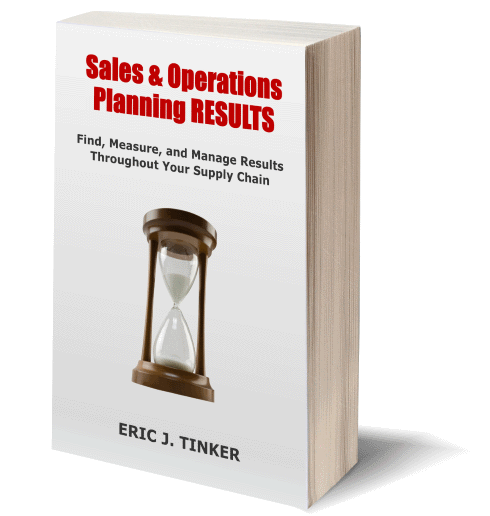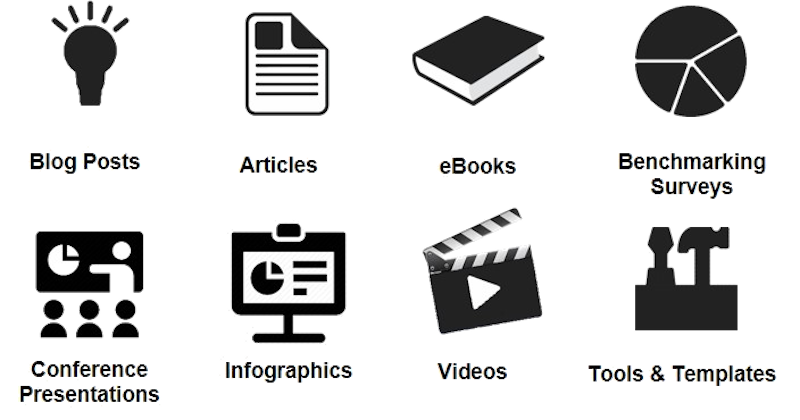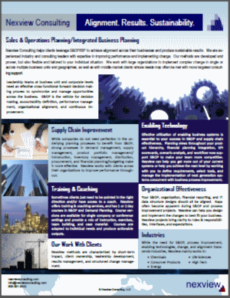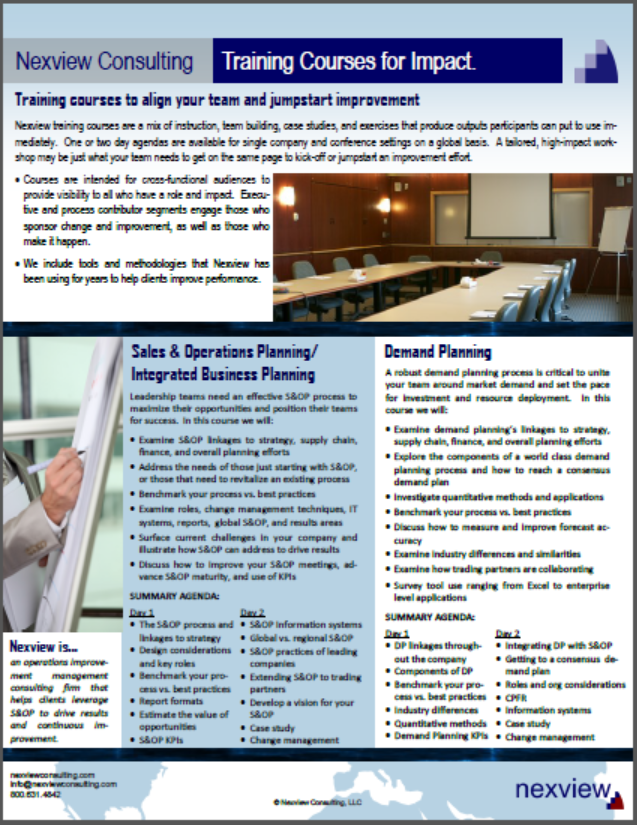Four Reasons Why Assessments Are Important
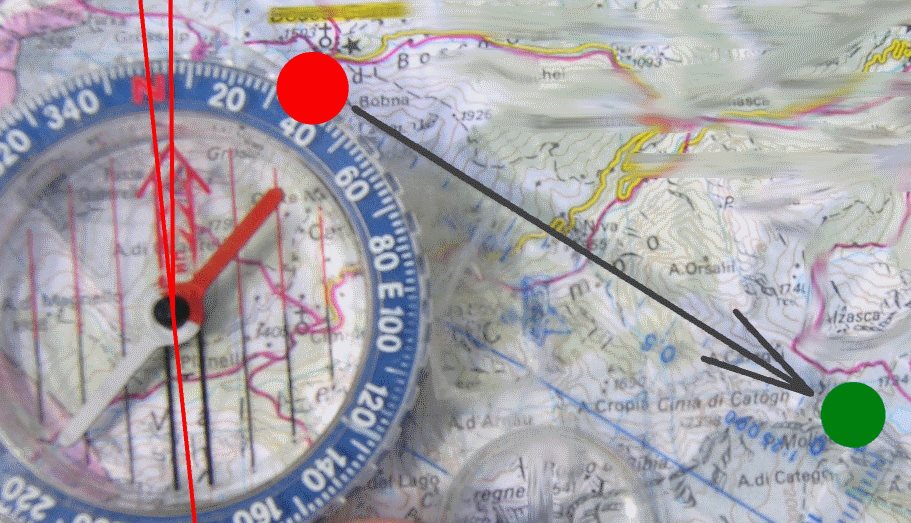
You know that you need to make improvements, and you are hearing good ideas and suggestions from your colleagues and material the media. You know what to do, it’s time to take action, let’s just do it. Stop and look before you leap. Think about these questions – Do I need help or buy-in from others? Is there a way to demonstrate a result? Am I sure key stakeholders have the same vision and expectation? Are people going to need to invest their time, or do something differently?
“Well yes, yes, and yes, but we had a meeting, leaders expressed support, and we’re aligned.” This is a great start and needed to launch an effort, but… Most work teams today are fully loaded, the days of extra staff to work projects are gone. When the next must have idea or business urgency comes up, or when there’s a disagreement, delay, or other distraction, will everyone still feel the same way, will your project survive? Assessments are good for several reasons, here are the critical four.
1. Assessments create a common understanding of the as-is.
Not everyone on your team may be aware of the current state and existing gaps, it needs a tight summary, for people to react to, build on, and embrace. Not all will agree with everything, but you need enough.
2. Assessments define a common vision for where you need to get to and what your current gap is.
This would normally involve an evaluation of best practices, some benchmarking perhaps, and comparing your as-is. Even if it’s only half right at this stage, it’s building more common ground.
3. Assessments produce quantifiable business cases.
It’s important to define how results will be shown, define a baseline, and measure as you go. In the future, project activities can be tied back to specific benefit areas and challenged when they don’t. Plus, when the inevitable challenge arises and some want to punt, you can ask leaders if they want the money or not. Defining a benefits case takes experience and is not a simple exercise. It will take several weeks and signing leaders up to deliver identified benefits is difficult. It is uncommon for an internal team to be able do this without experienced consultants.
4. Assessments invest stakeholders and create momentum for change.
Assessments are much easier than change implementation (i.e. getting someone else to do something differently). Gaining consensus and involvement through the assessment will help build momentum for when the hard part comes. Ask for little things first.
Having said all this, it doesn’t mean parts of the assessment and parts of the implementation can’t occur simultaneously, it doesn’t have to be rigid. Each situation is different and process improvement teams need to stay flexible. For example, quick wins can be implemented in parallel with more detailed analysis around a business case. Why wait? Just make sure you capture the impact. Assessments are the foundation for the larger construction, if you take shortcuts, just make sure you understand and communicate the risks.





